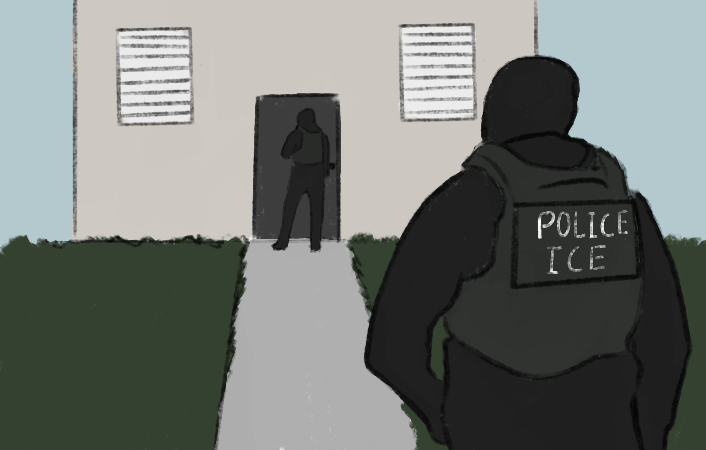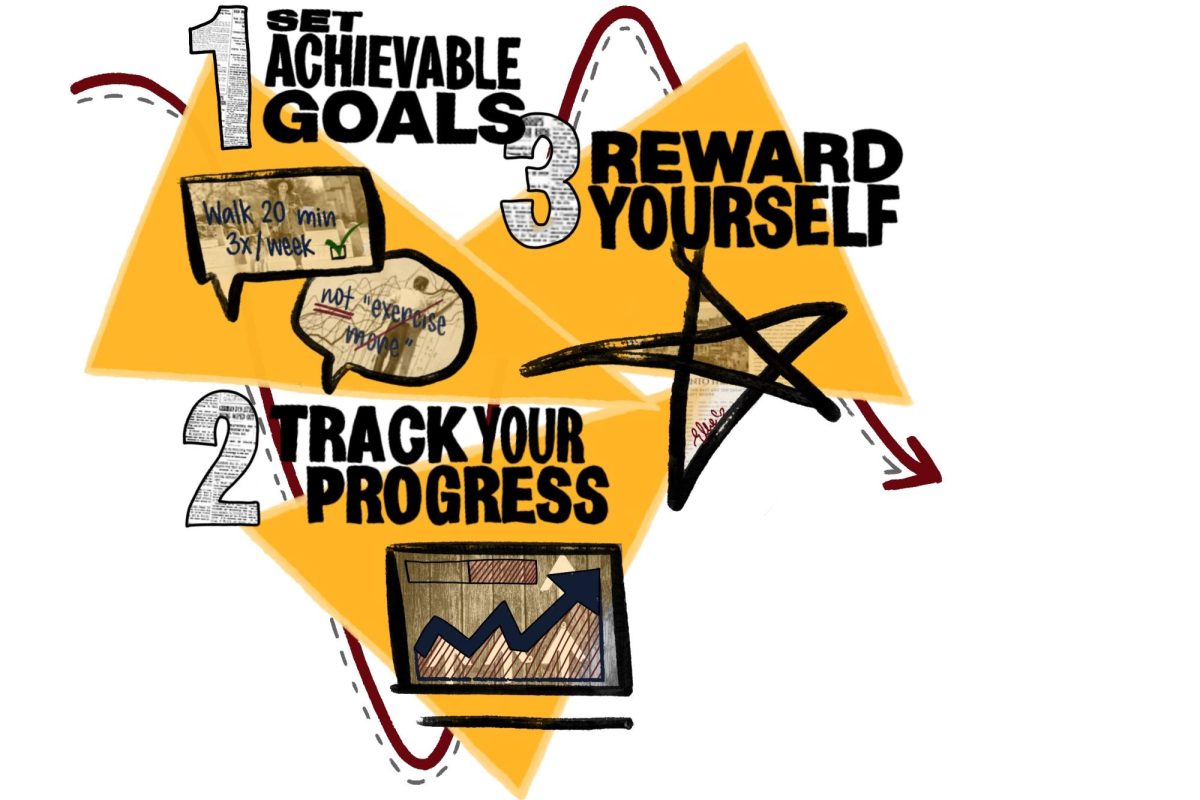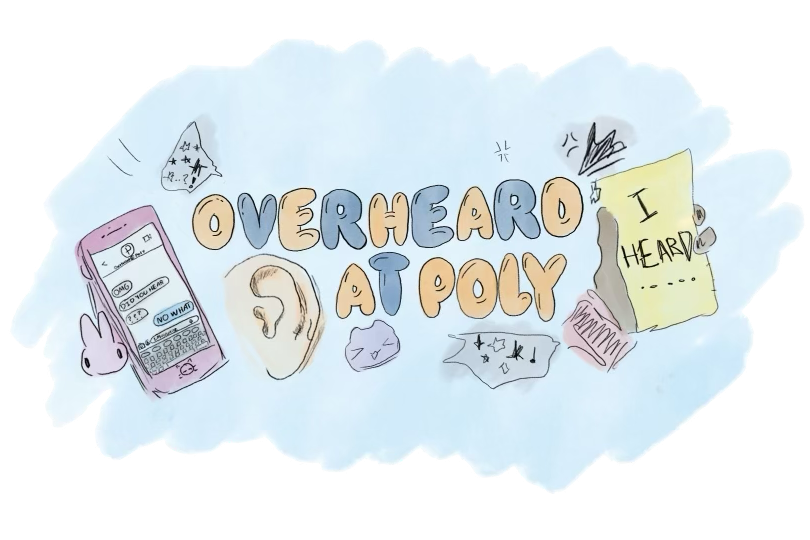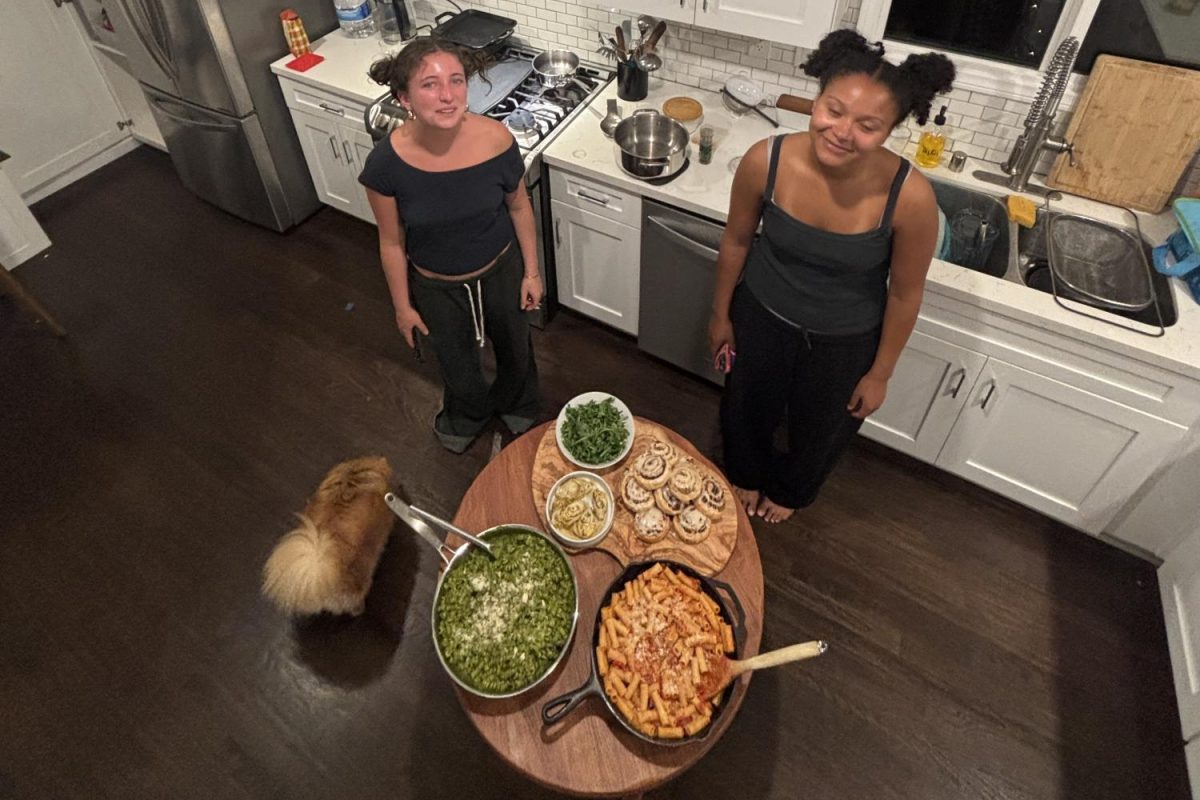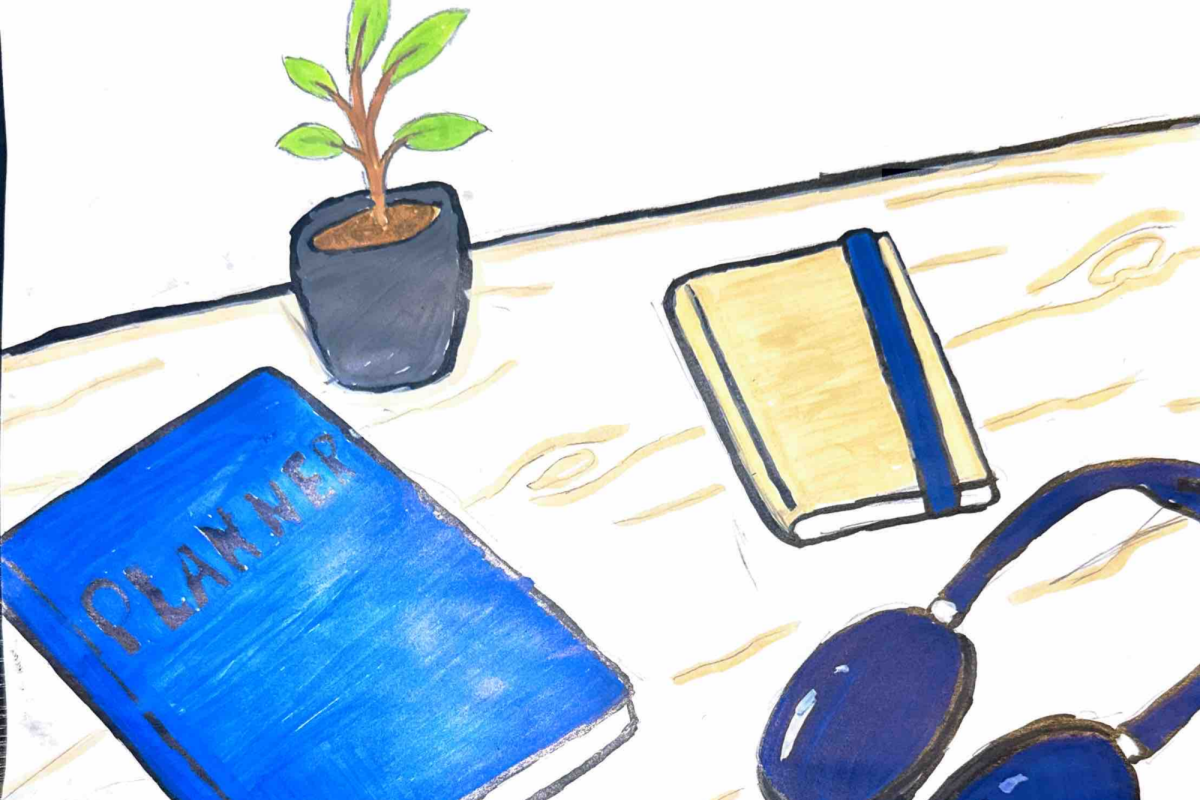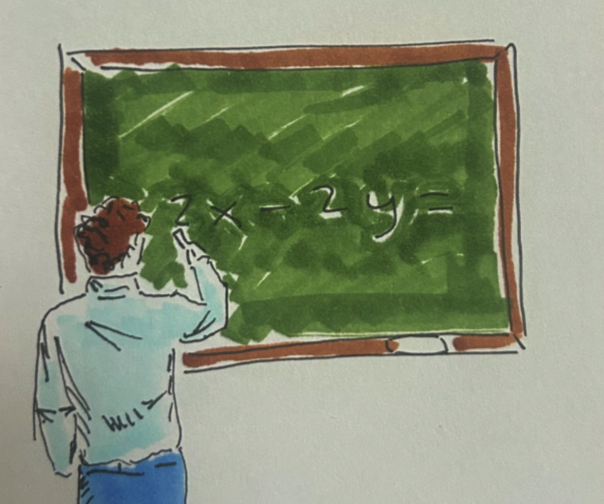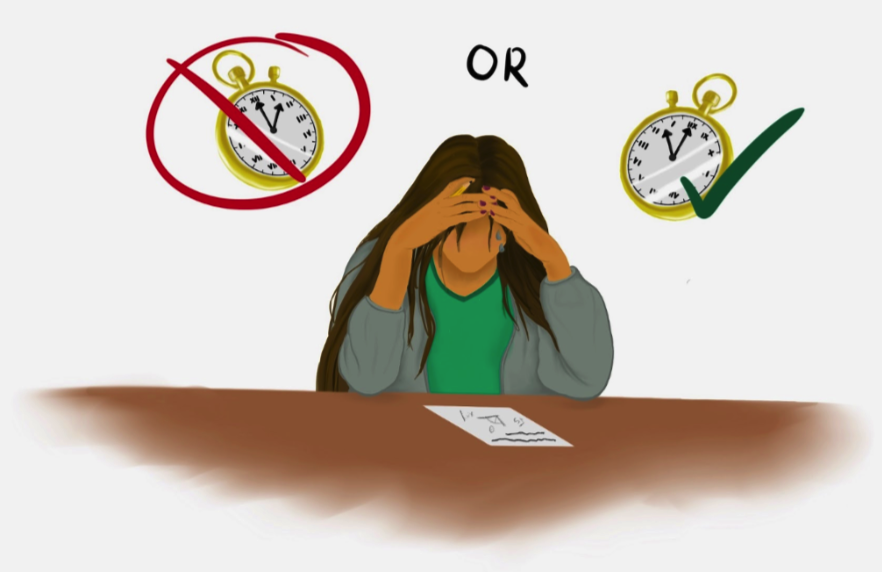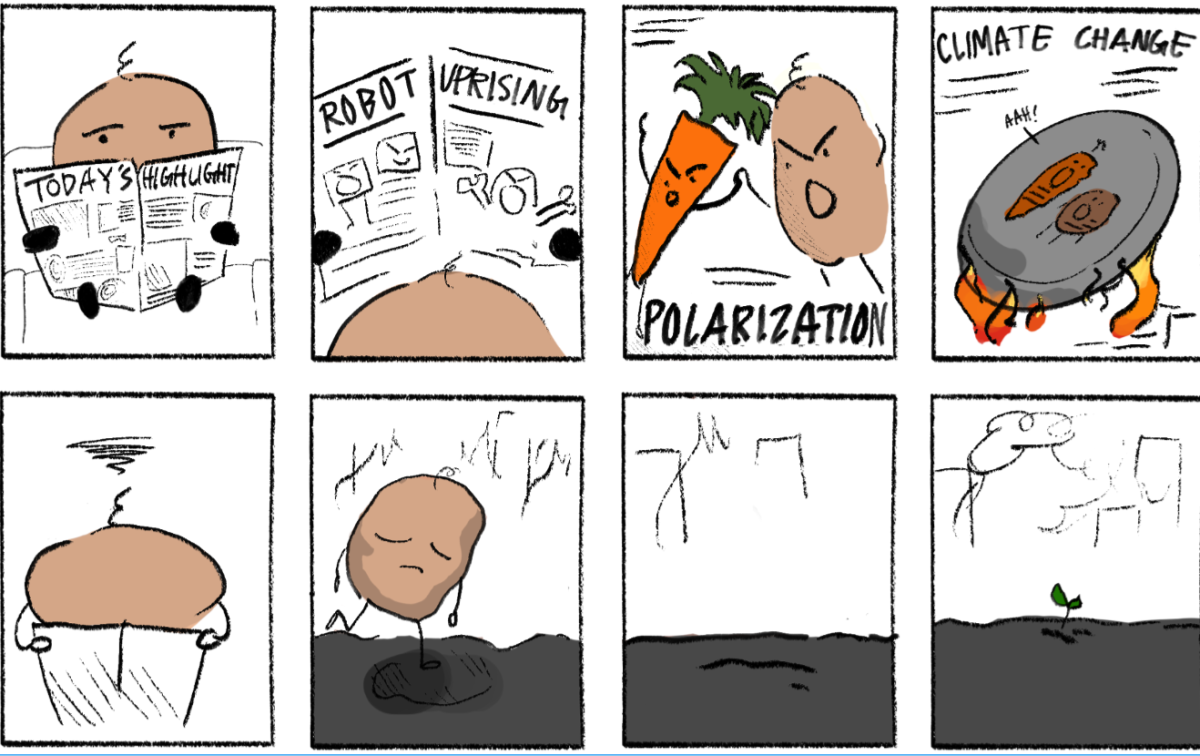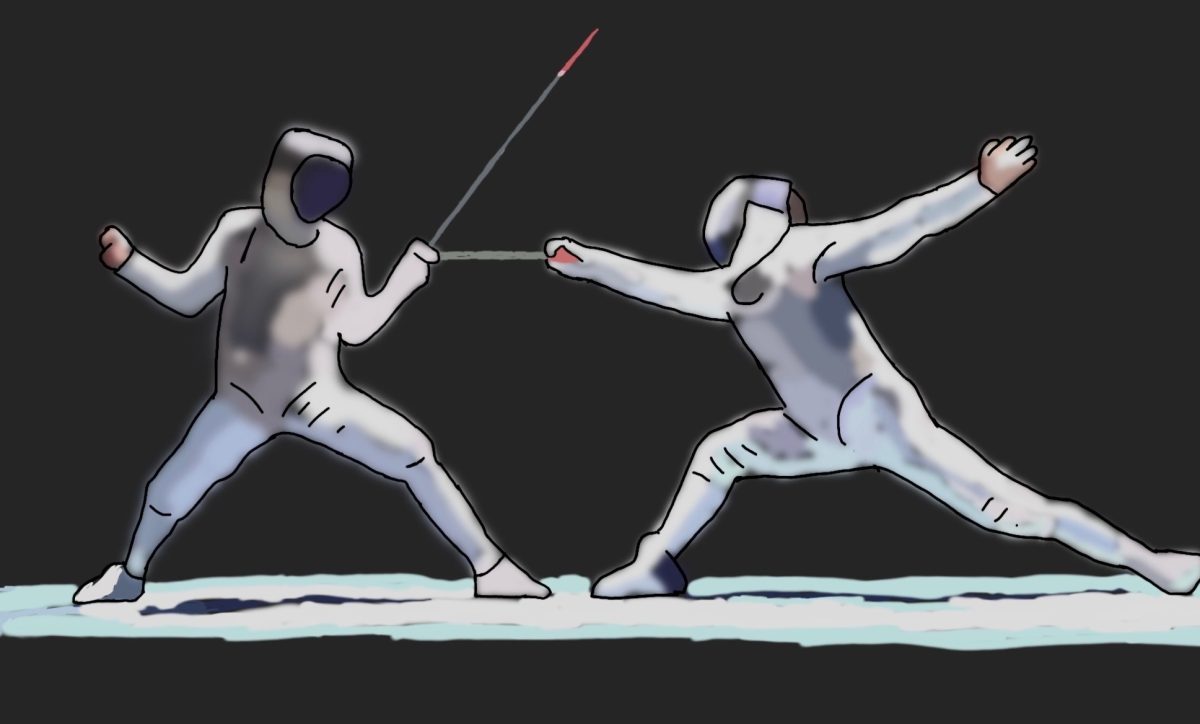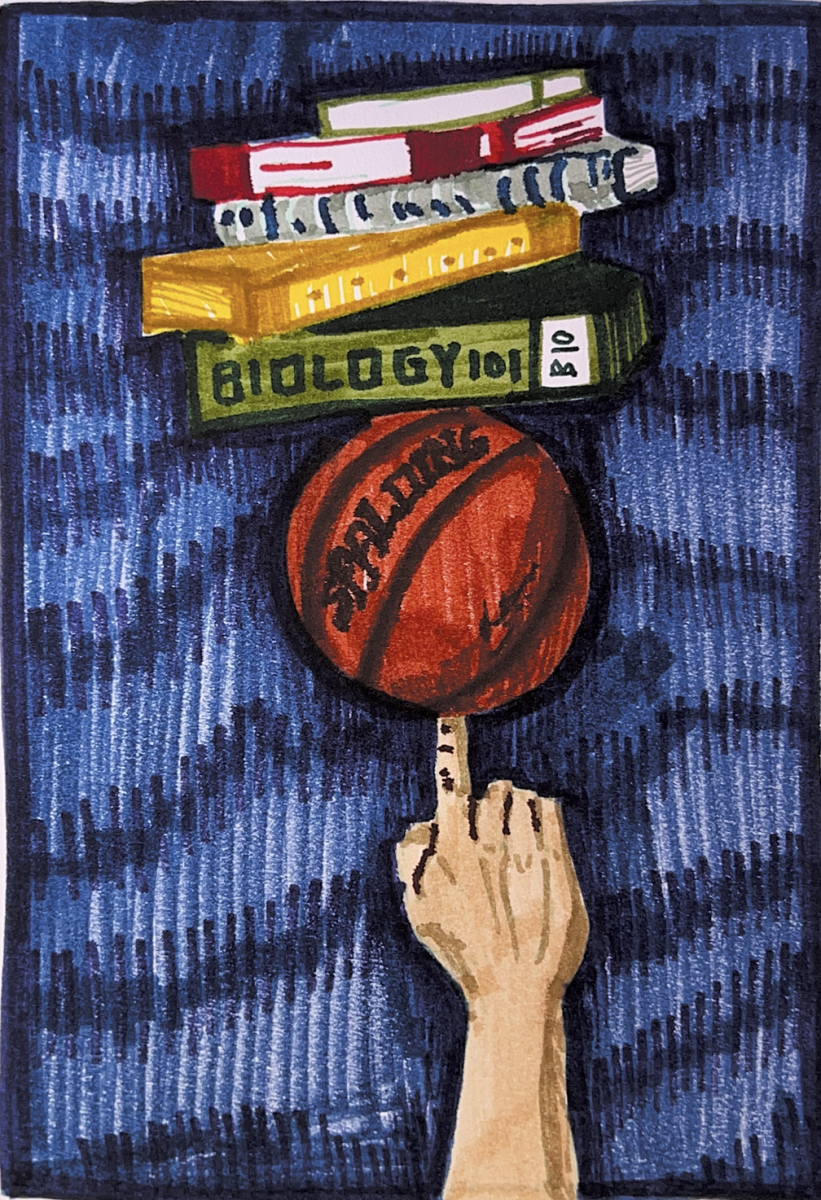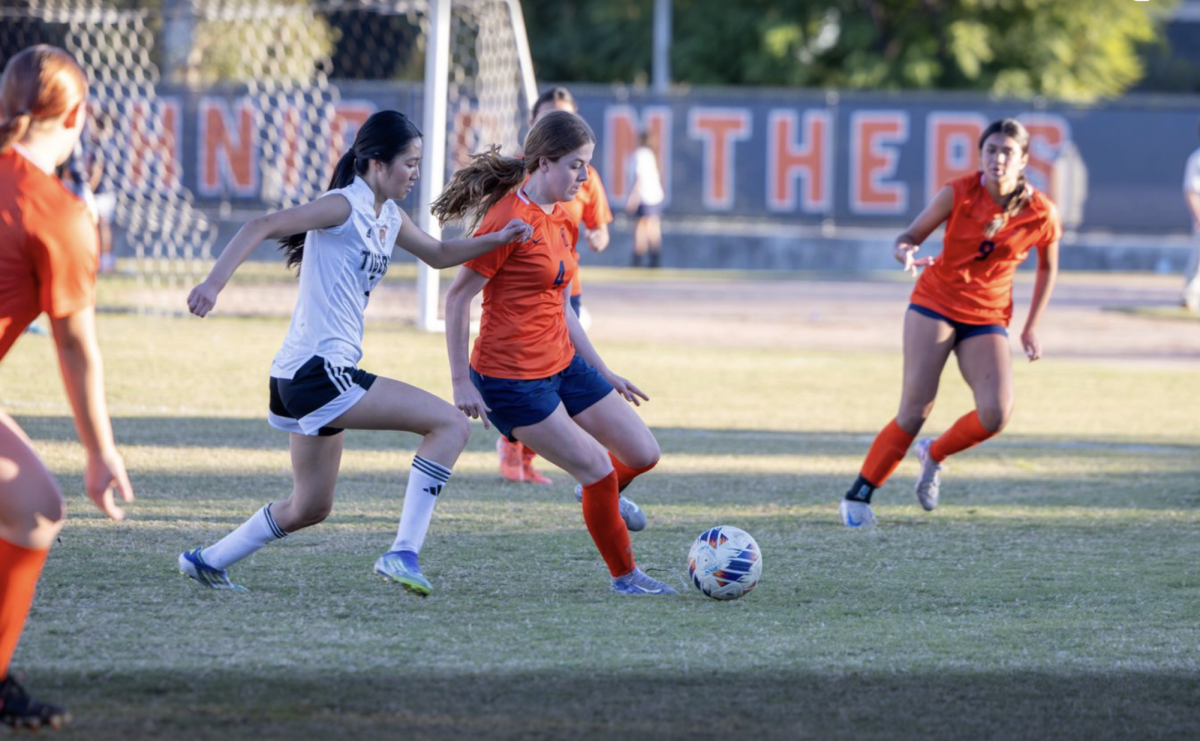Whenever I finish my first draft and read it, I think, Wow! I cannot believe my writing has gotten this bad. I compare it to other people’s work and wonder how I could have forgotten how to write. How do they make every word feel intentional, every sentence crisp and vivid, every metaphor novel rather than cliché? How do so many talented writers exist, and why am I not one of them? At the end of these questions, I think, “I’ll probably not get anywhere with this, so I may as well do something else worth my time.”
Most writers have experienced this feeling that everyone else has unlocked some secret to great writing while they’re still fumbling around, trying to make sense of their words. For a long time, I let that feeling stop me from writing. I’d open a GoogleDoc, type a few sentences, and then delete them all in frustration, convinced I’d never get it right.
Then I read “Shitty First Drafts” by Anne Lamott (highly recommended, by the way), and everything clicked. The polished writings I compared to my own were third, fourth, fifth, and sometimes even tenth drafts. They were written and then rewritten— thousands of revisions for the best pieces. It is unhealthy to expect perfection of myself, especially when rough drafts––first attempts––are meant to be messy, imperfect outlines of what will shape into a strong piece.
I’m not alone in this thinking. Many student writers at Poly forget that the pieces they’re reading in class have been revised many, many times. This piece you’re reading has been revised six times (only counting major revisions)—and if I gave it another round, I’d change it even more.
Even writers like Lamott—who know their work will eventually become something great—often hate their first drafts. The difference is they expect them to be bad. But many of us at Poly were never taught that. We grew up thinking a first draft had to be solid, or worse, that it had to be our final draft. High school teachers often require us to hand in a first draft for a grade, afraid that if they allow revisions at home, students will cheat their way to a good grade. And if we are lucky enough to be told to revise, we usually only get one revision. One chance to fix everything. So, we’ve internalized this idea that good writing happens in one sitting, that if the words don’t come out perfect the first time, they’re not worth keeping.
Teachers can help fix this perception. Although they shouldn’t allow students to cheat, they also shouldn’t abate students’ desires to revise, a critical skill in college and the workplace. Instead, we should compromise. Following major papers, teachers should allot class time for revisions, taking place on platforms like Exam.net. This middle ground ensures that students can’t cheat, yet they’ll also learn the critical skill of revisions. Most importantly, students will come to learn that their first drafts are meant to be messy and that it is a chaotic first draft that eventually leads to a stellar final one.
Although teachers can help to a certain extent, students must also change their ideals of perfection. Too many of us fall into the societal trap of believing that we should create something extraordinary in one day. And when we, as writers, inevitably fail to meet this standard, we mistakenly berate ourselves for not matching society’s expectations. As Poly students, we especially hold ourselves to an unachievable standard, believing that everything we do must be perfect and polished until it glistens. Yet, when we apply this logic to writing, we burn out, losing faith in our writing ability.
But I’m here to offer the truth: first drafts should be bad. Really bad. That’s why they’re called “first.” If they were meant to be perfect, we’d call them “final.” And even final drafts aren’t perfect. Writing is rewriting. That’s where the real magic happens. It’s where we shape ideas, sharpen images, and carve meaning out of chaos. Rewriting isn’t just necessary—it’s the best part of the process. The part where you find your voice, refine your message and turn a jumble of thoughts into something worth reading. So, let’s stop judging our first drafts so harshly. Instead, let’s embrace them for what they are: the messy, necessary starting point of something better. Let’s approach them with the curiosity of explorers, not the criticism of judges. Because the only way to get to a great final draft is to write a terrible first one—and then keep going.


